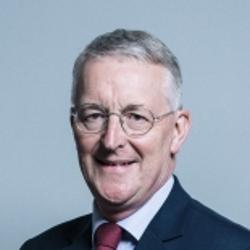Developing Countries: Education
(asked on 2nd June 2023) - View SourceQuestion to the Department for Education:
To ask the Secretary of State for Education, how much her Department spent on education about international development in schools in England in the last financial year.
The Autumn Statement 2022 announced additional funding of £2 billion in both 2023/24 and 2024/25, over and above totals announced at the Spending Review 2021. This means funding for mainstream schools and high needs is £3.5 billion higher in 2023/24, compared to 2022/23. That is on top of the £4 billion, year on year increase provided in 2022/23. This is an increase of £7.5 billion, or over 15%, in just two years.
This additional funding will enable headteachers to continue to allocate budgets to areas that positively impact educational attainment, including high quality teaching and targeted support to the children who need it most, as well as help schools to manage higher costs, including higher energy bills.
All schools and academies have the freedom to choose how to spend their core funding according to their own unique circumstances and priorities, providing that all expenditure ultimately benefits their students. The Department does not allocate specific budgets for each subject. It is for schools to decide the allocation of resources at an individual school level.
Geography is part of the statutory National Curriculum for maintained schools at Key Stages 1, 2 and 3. Within geography, the National Curriculum and subject content for GCSE sets out requirements for teaching human geography including economic, global and international development.
Citizenship is also part of the statutory National Curriculum at Key Stages 3 and 4. As part of citizenship, pupils will learn about Parliament, the importance of voting and elections, the role of police, courts and justice, free press, human rights and international law and the governments of other countries, both democratic and non-democratic. They are also taught the actions citizens can take in democratic and electoral processes to influence decisions locally, nationally and beyond.

